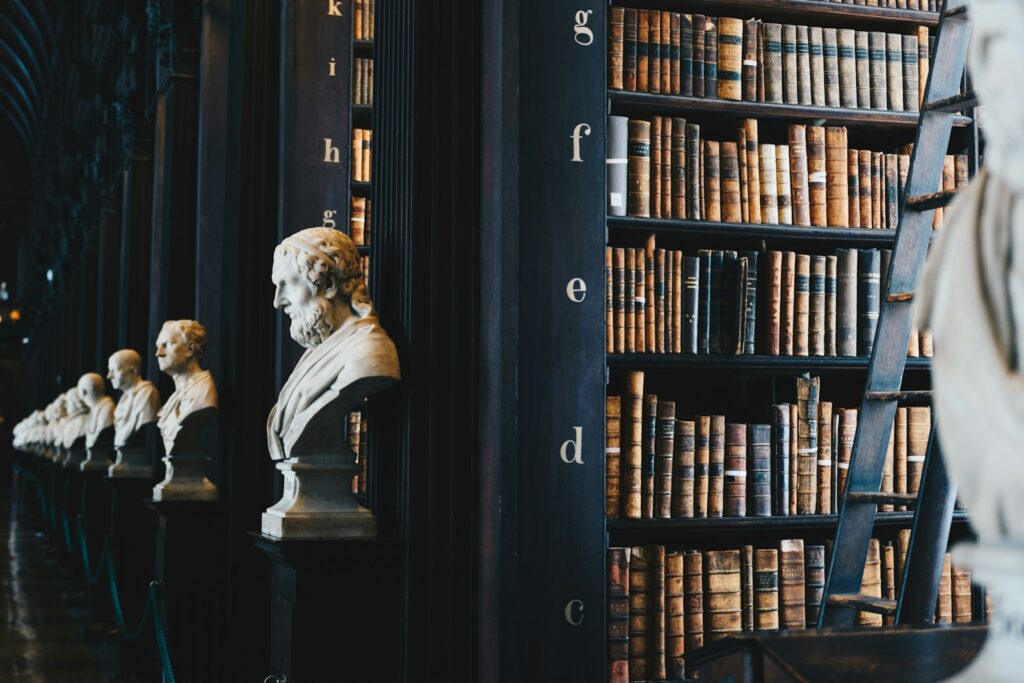
Journalists, lawyers, judges and other judicial operators are invited to the free massive open online course (MOOC) “The International Framework of Freedom of Expression, Access to Information and Protection of Journalists” in Portuguese, organized by the Knight Center for Journalism in the Americas thanks to support from UNESCO.
Free registration will be open during the month of August and the course will be taught from Sept.11 to Oct. 8, 2023 by André Gustavo Corrêa de Andrade, a renowned Brazilian expert in Freedom of Expression. He is a judge of a superior court (“desembargador”) in Rio de Janeiro, where teaches Constitutional Law in graduate programs.
“We are delighted to have been able to recruit Dr. André Andrade to teach this course. He is enthusiastic about Freedom of Expression and its fundamental role in a democracy, has published a book on the topic and has been studying it for years,” said professor Rosental Alves, Knight Center’s founder and director. “We’re grateful to UNESCO for its continuing support to this program that included similar courses in Spanish in the last decade, reaching about 15,000 judges and other judicial operators in the Americas and Spain.”

Andrade will teach the international legal framework for freedom of expression in the universal human rights system of the United Nations (UN) and the Inter-American human rights system of the Organization of American States (OAS), and how this legal framework interacts with domestic law.
“Freedom of expression is one of the pillars of democracy. It ensures that citizens make themselves heard by those in charge, taking their pleas, claims and nonconformities to those in power,” Andrade said. “It, along with freedom of the press, is necessary for scrutiny of acts of the government and its agents.”
“Furthermore, the free flow of ideas and opinions is a condition for discovering the truth, advancing knowledge and social progress, teaching us to live with plurality and diversity,” he continued. “In addition to its instrumental importance, freedom of expression is an asset or essential attribute for the individual, because it allows each person to develop their personality as fully as possible, exploring their capabilities and potential in the various aspects of their lives.”
The MOOC is made of four modules.
“The UNESCO Judges Initiative on International Standards on Freedom of Expression, Access to Public Information and Safety of Journalists is celebrating its 10th Anniversary in 2023,” said Guilherme Canela, head of UNESCO’s Freedom of Expression and Safety of Journalists section. “The availability of this course, with content specially prepared in Portuguese and with a context of inter-American jurisprudence, is an excellent ‘birthday present.’”
Canela pointed out that the Judges Initiative was launched a decade ago in Brazil as a seminar on comparative international jurisprudence regarding freedom of expression. It was led by then-president of the Brazilian Supreme Federal Court, Minister Joaquim Barbosa, “who outlined the initial contours of contents that have already reached more than 30,000 judicial operators from 160 countries,” Canela explained.
“At a time when the challenges for the protection of freedom of expression are enormous, having this course specially designed for Brazilian judicial operators results in important continuity of this global UNESCO program,” he added.
The course is meant for journalists, lawyers, judges, judicial operators, teachers and students, but it is open to anyone interested in freedom of expression, access to information and protection of journalists. All you need is a computer with access to the internet.
“The international legal framework of freedom of expression, the right to access public information and the need to protect journalists in these times of constant attacks are topics that have never been so important,” said professor Alves. “Previous courses were exclusive for judges and judicial operators, but this edition of the MOOC is more inclusive and we hope it can attract a great mix of people who are concerned with freedom of expression issues.”
The MOOC is asynchronous, meaning you can complete the course on the days and at the times that best suit your schedule. However, there are recommended deadlines so you don’t fall behind during the four weeks of the training program.
The modules contain video lectures, readings, discussion forums and quizzes. Those who successfully complete all course requirements are eligible to receive a certificate of completion. No formal academic credit is associated with the certificate.
Instructor André Andrade has his JD from Universidade Estácio de Sá (UNESA) and is a professor in the graduate program in law at UNESA. He is President of the Permanent Forum on Freedom of Expression, Fundamental Freedoms and Democracy at EMERJ (School of Judiciary of the State of Rio de Janeiro). He is coordinator of the EMERJ Center for Research on Freedom of Expression and the Press and Social Media. He is an appellate judge of the TJRJ (Court of Rio de Janeiro).
Mark your calendars and join Dr. Andrade and judicial operators from the region as we explore legal protections and limits for freedom of expression nationally and internationally. Keep an eye out for registration, which will open in August shortly before the course begins!